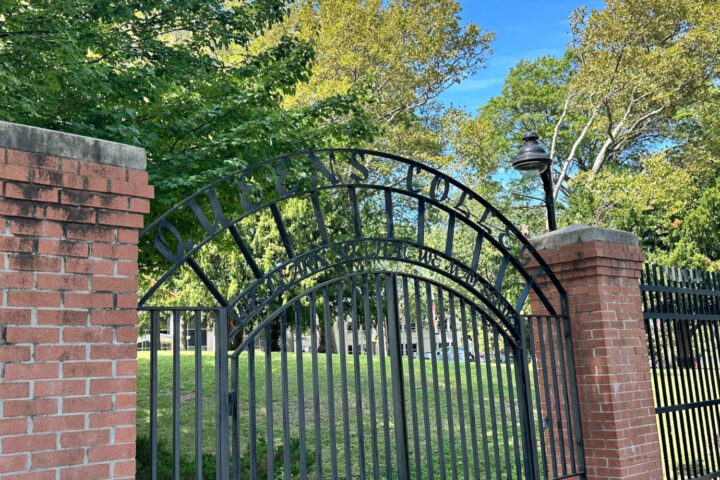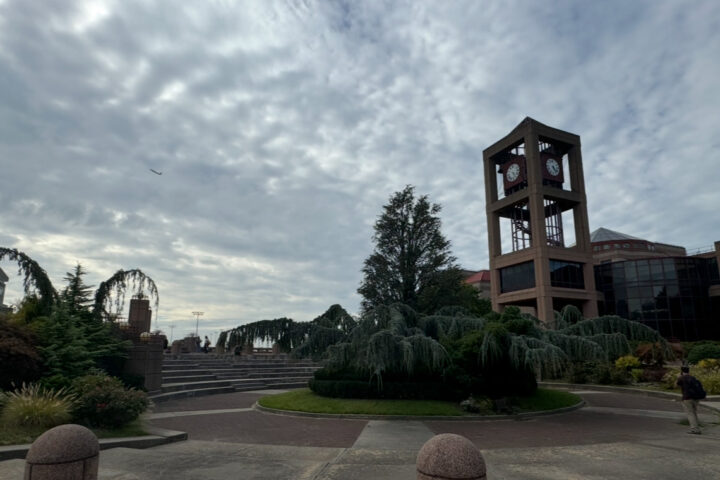Greece’s debt crisis led to major implications across the country, including the eternal student phenomenon in higher education.
An eternal student takes extra college courses to delay entering the workforce. Education in Greece is free, encouraging the delay.
“Greece is in a difficult situation. How to keep the things such as quality, free education for all but, at the same time, creating avenues that people can find access to jobs,” Gerassimos Karabelias, professor at Panteion University in Greece, said.
Karabelias spoke at Queens College on Oct. 19 about the effects of the Greek debt crisis, which began in 2009.
“Students did not feel stressed or pressured to complete their studies. It also meant they could do two, three or five degrees since they had the time. There was no pressure on how and when to finish,” Karabelias said.
Free education is a major issue in the United States as Sen. Bernie Sanders, I-Vt., promised publically-funded college for all Americans.
However, when examining educational systems of Greece and the U.S., it is important to understand the differences.
Elena Frangakis-Syrett, chairperson of QC’s history department, argued Greek education is viewed as an end in itself. In contrast, American education is a means to an end, which is employment.
“The United States sees education more in the British terms in that it is both for academic and intellectual development as well as to help with a profession or career,” Frangakis-Syrett said. “[In Greece], there is more of a 19th-century tradition as an end in itself.”
The term eternal student does not belittle students in Greece.
Frangakis-Syrett said the eternal student phenomenon would not be an issue in the U.S. if students went to college for free.
“Society [in America] does not pride itself on someone learning forever and not giving back to society. Society would not allow you to be sitting around because you will also earn your keep and earn money. It is considered positive to have a career,” Frangakis-Syrett said.
Moreover, employers may perceive job candidates who defer their four-year education as lazy and unfavorable.
“There should be the right [of education] to be free, but there is also a responsibility in this right. Society does not see you as a responsible young person if you are forever in pursuit of a B.A or pursuing five different degrees,” Frangakis-Syrett said.
Those requiring additional time, like single, working parents, could complete a college degree without the stress or pressure of doing so in a set period of time.
Frangakis-Syrett said providing all Americans with quality higher education could make society better. She insisted higher education, regardless of the discipline studied, provides essential life and social skills not acquired in high school.
“The skills you get through a liberal arts degree are fundamental from day one in a career,” Frangakis-Syrett said.













